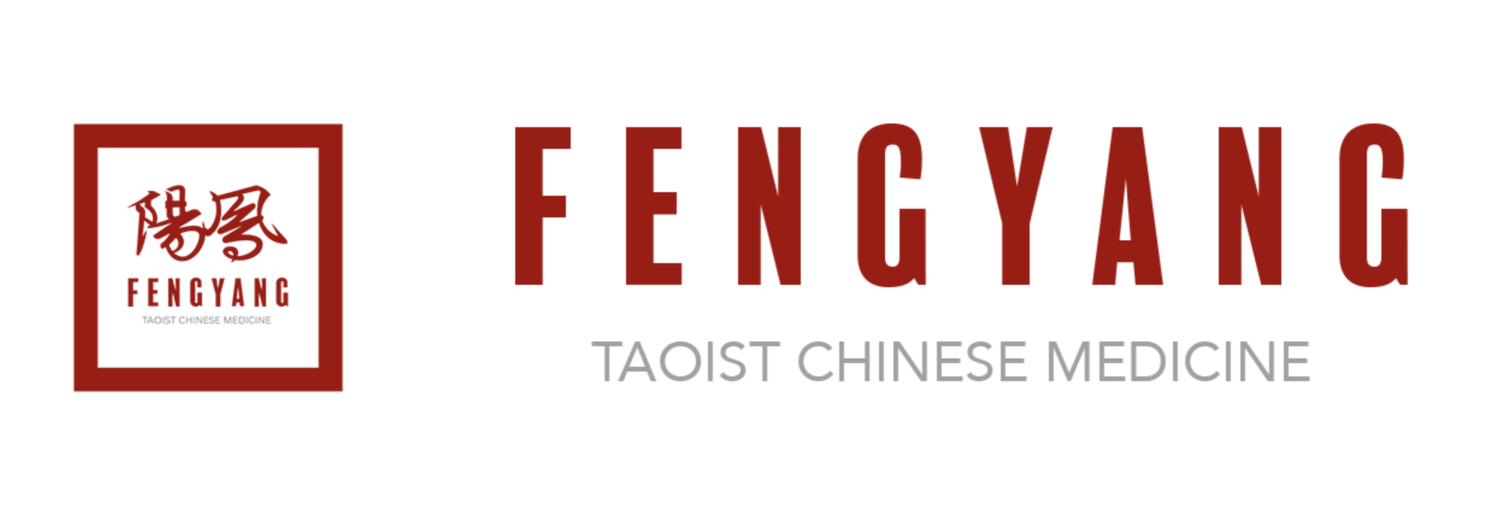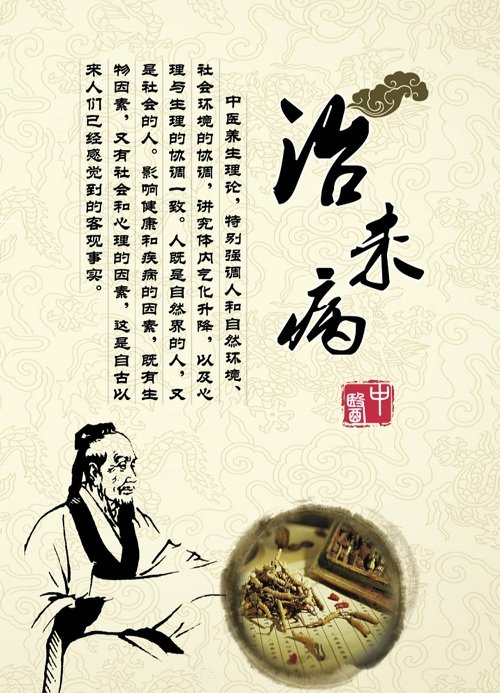Case Study: Integrated TCM Therapy for Severe Depression
Patient: Female, 61 years old
First Visit: December 17, 2018
Chief Complaints:
Depression for 8 years, worsening over the past 2 years with suicidal thoughts.
Chronic fatigue, recurrent urinary tract infections (UTIs) every August for 10 years (treated with long-term antibiotics, leading to spleen-kidney yang deficiency).
Emotional trauma: Husband passed away from brain cancer 15 years ago; mother passed away 2 years ago.
TCM Diagnosis:
Spleen-Kidney Yang Deficiency (脾肾阳虚)
Pulse: Deep, thin, weak (right guan-chi positions)
Tongue: Pale with white coating, +++ sublingual stasis (舌下瘀+++)
Treatment Protocol:
1. Herbal Prescription:
Zhenwu Tang (真武汤) + Buzhong Yiqi Tang (补中益气汤) + Sanqi (三七)
Form: Hong Kong Nong’s Granules (5g/dose, twice daily with warm water).
2. Mind-Body Practices:
Fengyang Tai Chi & Qigong (凤阳太极桩功, 1 hour daily).
Baisui Gongcheng (百岁工程) Wellness Techniques:
Moxa-Soaked Foot Baths (艾叶泡脚) to warm yang.
Abdominal Breathing Exercises (腹式呼吸补脑法) to nourish the brain.
3. Preventive Maintenance:
Since recovery, annual Wuling San (五苓散) prophylaxis (200g in July) to prevent UTIs.
Outcome (2025 Follow-Up):
Depression fully resolved, no recurrence of UTIs.
Patient (now 68) enjoys life, spends weekends with grandchildren, and maintains robust energy.
Analysis: Promoting TCM for Preventive Mental Health & Global "Health China" Strategy
1. "Treating the Untreated" (治未病) for Depression Prevention
Holistic Approach: Combine herbal therapy (e.g., Zhenwu Tang for yang deficiency) + mind-body practices (Tai Chi/Qigong) to address root causes (e.g., emotional trauma, organ dysfunction).
Scientific Validation: Document cases with measurable outcomes (e.g., symptom resolution, reduced antibiotic use) to support evidence-based TCM.
2. Standardizing & Scaling Mind-Body Interventions
Fengyang Tai Chi/Qigong: Develop certified training programs for depression management, emphasizing its regulatory effects on qi stagnation and neuroendocrine balance.
Baisui Gongcheng Techniques: Promote as a low-cost, accessible self-care routine (e.g., moxa foot baths for yang deficiency, breathing exercises for stress).
3. Global "Health Silk Road" Deployment
"One Belt, One Road" Integration:
Partner with overseas TCM clinics to offer depression prevention packages (herbs + Tai Chi).
Train local instructors in Fengyang Tai Chi/Qigong to foster cultural exchange.
Digital Health Platforms: Create apps with TCM wellness protocols (e.g., guided Qigong, herbal reminders).
4. Policy & Community Engagement
Government Collaboration: Advocate for TCM inclusion in national mental health programs, emphasizing cost-effectiveness.
Public Campaigns: Use success stories (like this case) to educate on TCM’s role in chronic disease prevention.
Conclusion
This case demonstrates TCM’s potential to reverse severe depression and chronic illness through yang-tonifying herbs, movement therapy, and lifestyle medicine. Scaling such models under China’s "Healthy China 2030" and Belt & Road Initiative can position TCM as a global leader in preventive, integrative mental healthcare.
Next Steps:
Conduct clinical trials to validate protocols.
Publish case studies in international journals.
Develop multilingual wellness manuals for global audiences.



